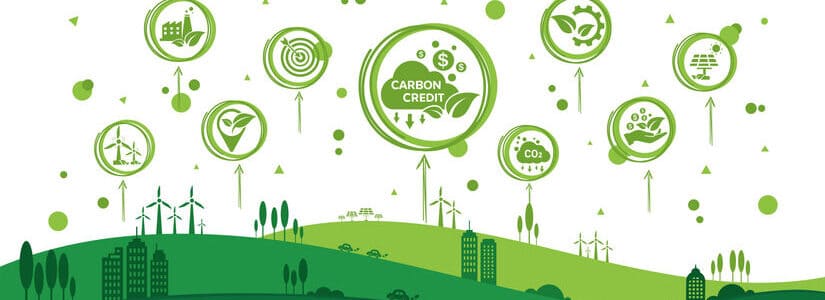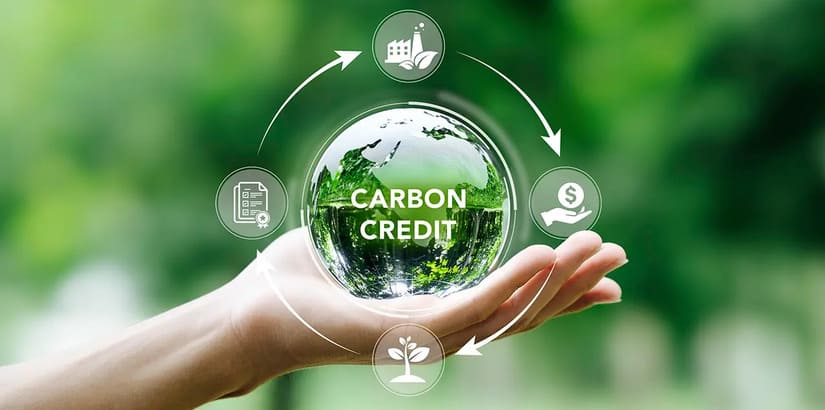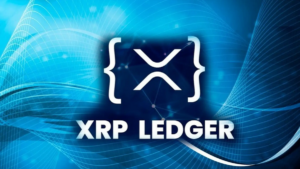TL;DR
- JPMorgan is developing a blockchain platform to tokenize carbon credits and improve their traceability, working with three international registries.
- The initiative aims to organize a fragmented market plagued by liquidity issues, unclear pricing, and a history of irregular transactions.
- The bank seeks to build a digital, auditable system to streamline the management, trading, and oversight of these certificates in voluntary markets.
JPMorgan is moving forward with a project to digitize carbon credits using blockchain technology. Its digital asset division, Kinexys, is developing an infrastructure that will convert these certificates into tokens, making them easier to track and trade in voluntary markets. The plan involves collaboration with three major registries: S&P Global Commodity Insights, EcoRegistry, and the International Carbon Registry.
Each carbon credit represents one metric ton of carbon dioxide either removed from or prevented from entering the atmosphere, typically through renewable energy or forest conservation projects. By turning these certificates into digital assets recorded on the blockchain, the system will enable ownership to be traced from issuance to retirement, helping to prevent irregularities and improve transparency.
The market’s current fragmentation, lack of unified standards, and limited access to clear pricing and transaction data have severely restricted the liquidity and credibility of these instruments. JPMorgan aims to address these shortcomings through a tokenized credit ecosystem that allows seamless transfers between buyers and sellers.
JPMorgan Aims to Clean Up a Troubled Market
The bank believes the voluntary carbon market is ready to mature, provided it adopts technologies capable of bringing order to its operations. Its latest research report warns that without structural updates, this market could keep losing trust and relevance, as it has over the past two years.
Banks and asset managers have already begun digitizing bonds, stocks, and other traditional assets to optimize settlement and improve traceability. JPMorgan is applying the same approach to a market that, beyond facing accusations of greenwashing, has a history of failed digitalization attempts that compromised its integrity. Past incidents of double-counting and trading of retired credits undermined confidence in these systems.
Through this initiative, JPMorgan plans to provide an infrastructure that allows carbon credits to be audited, traded, and managed efficiently and reliably. If successfully established, this system could deliver better price transparency, liquidity, and oversight in a market that urgently needs modernization to sustain its future growth













